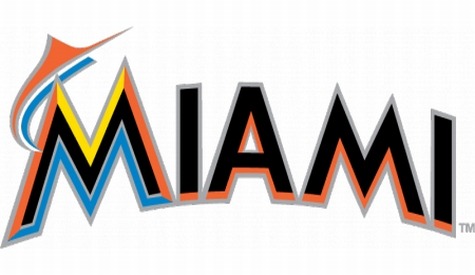
Last week, my firm was offered an opportunity to pitch a terrific piece of new business. An international oil company will soon announce a major public private partnership to build a huge energy facility in Florida – creating thousands of new jobs, lowering gas prices statewide and offering my company an A-List client for years to come.
Too bad it was all fake.
I was hit with a variation of an old scam – ancient actually – but with modern, current updates that sounded legitimate enough to make me stop and take notice.
It started with a phone call from a man who said he worked for the Abu Dhabi National Oil Company, based in Venezuela. Following the recent death of Hugo Chavez, he said the Venezuelan government wanted to show things were “business as usual” and was trying to fast-track a project in Florida to build an energy facility. He said it would be a public-private partnership among his company, Venezuela and Florida and that they wanted to announce the project in Miami at the end of June. Time was short, and making matters worse for him, his wife was in the hospital, preparing to have his first child. He asked if my firm had the capabilities to handle this project and more importantly, if I had any problems representing a project affiliated with Venezuela.
I fell for it – almost. Seeing dollar signs, I focused on the controversial aspect of the proposal first. Would I, a PR guy with a firm in Miami, be willing to represent an endeavor associated with socialist Venezuelans? How would this play with my clients and friends with ties to Latin America and the Caribbean?
I called my politically savvy brother and ran the Venezuela issue by him. He said I needed to be careful but that it shouldn’t stop me from taking the next step. After repeating the proposal to him, I also realized the whole thing could be a complete scam.
Later that day, I called a couple contacts of mine to see if they would be interested in helping me if I landed the business. I made sure to tell them that it was very preliminary, and “you never know, I may be getting punked.”
The next day, I called the guy back, and he gave me more details regarding the deal: Quasi-governmental project with approval of the governor’s office, subcontracting with a major international oil company, big event with heads of state in Miami and a requirement of confidentiality and top-flight security. I asked him if he was talking to other PR firms and he mentioned Edelman, which is indeed a very large international firm.
Then things got weird. In order to start the engagement, I would need to fly to Venezuela and sign a non-disclosure agreement within the next few days. The agreement had to be signed by me and in-person. [Sounded odd.] After we both signed the agreement, I would have to get it notarized at the U.S. Embassy in Caracas. I would then bring the agreement back to the U.S. and meet with the governor’s office.
Where would we meet and how would I get there, I asked? He suggested either the Marriott or Ritz Carlton in Caracas. I could fly there first class. He would wire me the money. [Sound of squealing brakes!]
There’s more to the story, but you can see where it’s going.
I shared the details with a close friend who, coincidentally, collects copies of Nigerian letter e-mail scams. We pondered stringing-along our scam artist, but I chose to just run away quickly.
As l recounted the story, I felt a bit embarrassed. I almost fell for a scam as old as the hills; but this wasn’t a wealthy Nigerian prince sending me an anonymous e-mail. It was similar but also a bit different.
Here’s what I should have noticed immediately and what others should look for.
Delivery method can be anything, but message is the same
We are all familiar with the e-mail scam, but this one came as a phone call. The key is the message is always the same – seemingly easy money. In my case, if I was willing to act fast, I would have a lucrative contract without a complicated and exhaustive bid process.
Obfuscation
The whole point of the elaborate story was to get me to forget about the risks of offering up my bank information. The scam artist got me to worry about the Venezuela issue, which diverted my attention from other warning signs.
Sounds just real enough
Doesn’t it make sense that the Venezuelan government would want to show things are business as usual after Chavez’s death? The fraudster said he was affiliated with a large, international company and knew just enough about organizing a large media event to keep me hooked.
Time is short
The scammer works to develop a sense of urgency. If the victim is focused on acting quickly, then he will cut corners and make a mistake. The Nigerian prince’s life is in danger. Save him fast and you will be richly rewarded. In my case, act quickly and get the prized contract.
Reviewing what happened to me, I’m still somewhat embarrassed, but I figure sharing what happened to me might help the next guy who gets a new business call that’s actually a Nigerian letter.
—John
Author: John P. David


